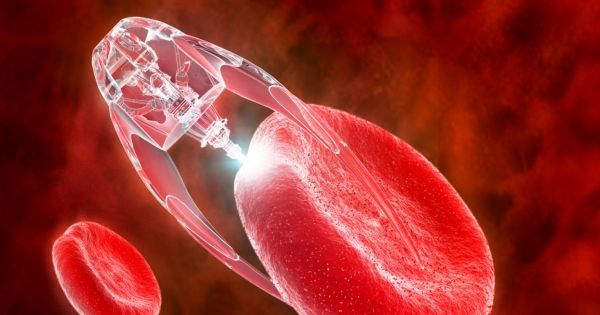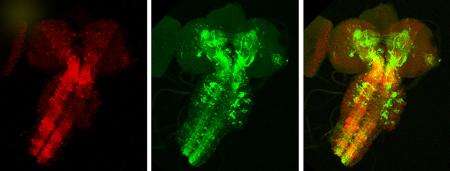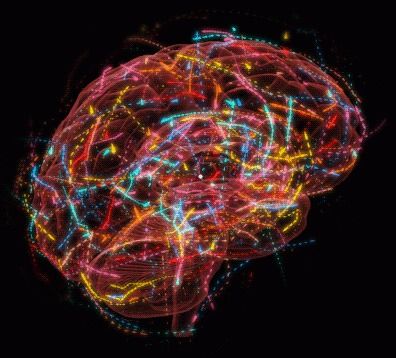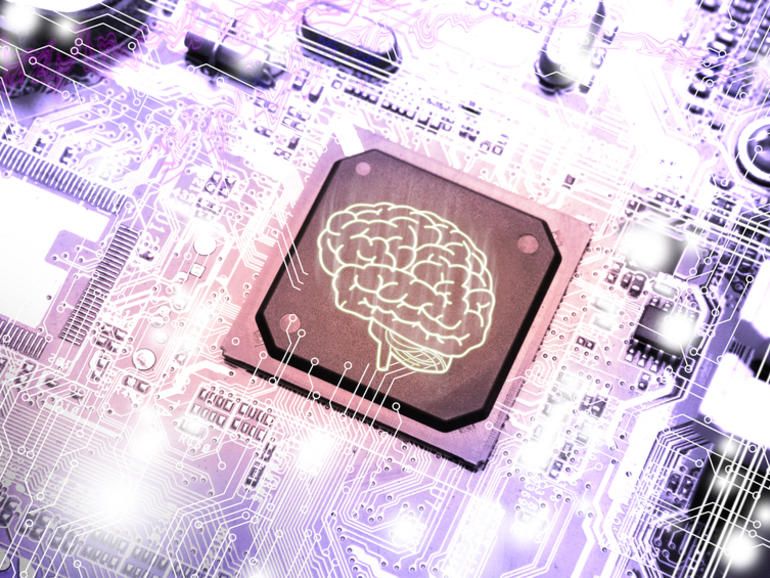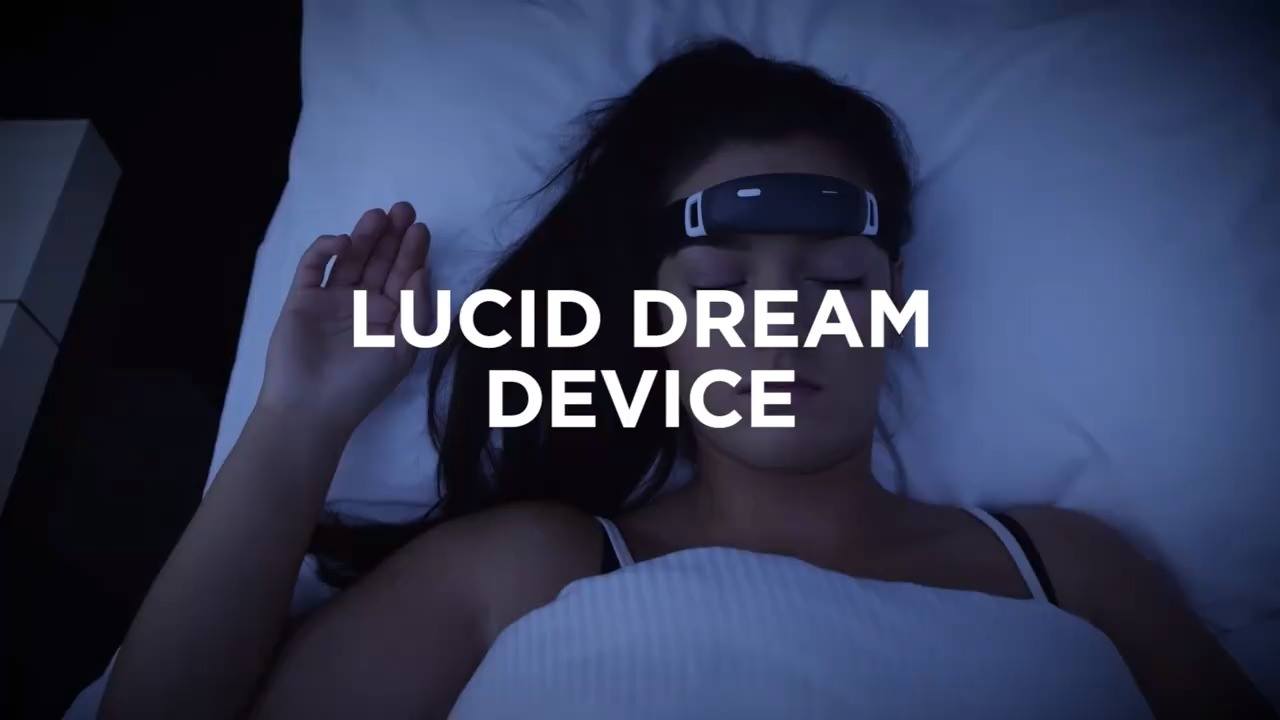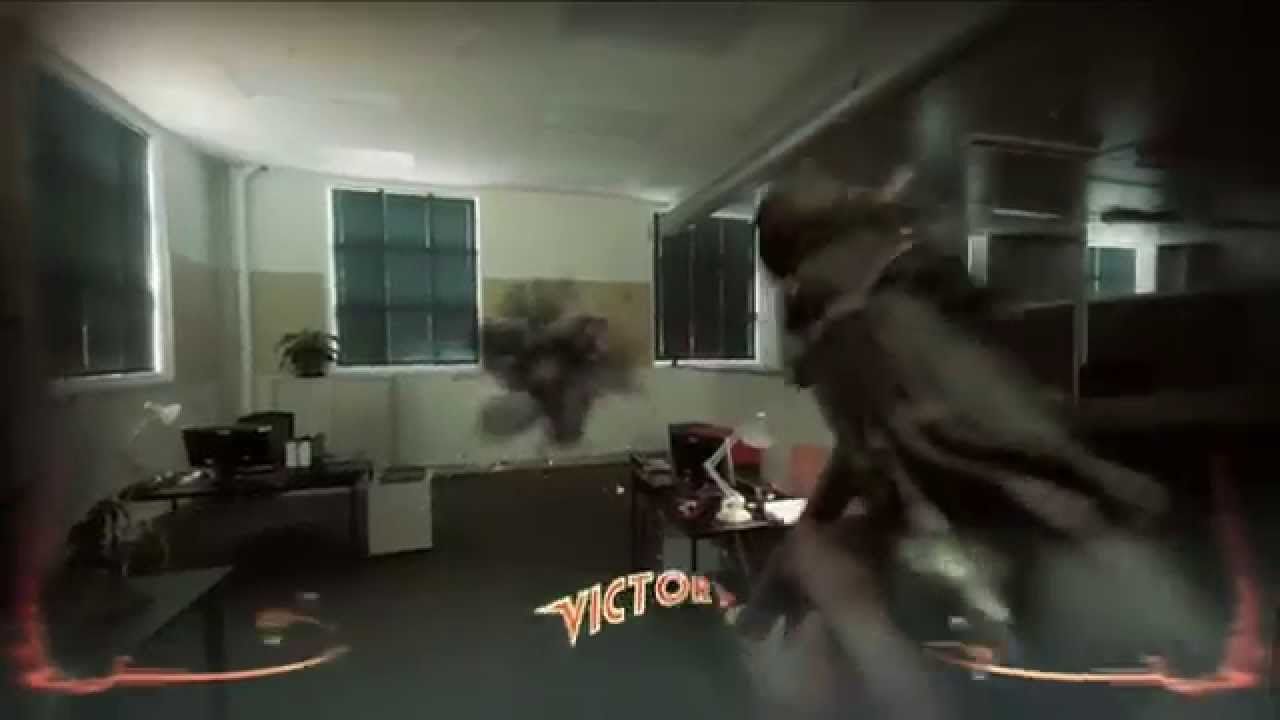Nov 3, 2016
Scientists Made Nanorobots That Can Release Drugs in The Body Using Mind-Control
Posted by Elmar Arunov in categories: biotech/medical, nanotechnology, neuroscience
Who would have thought that roaches, that’s right, C-O-C-K-R-O-A-C-H-E–S, could actually do something good for humanity? Well, it seems that they are helping out quite a lot.
Bar-Ilan University scientists, together with the Interdisciplinary Center in Israel, designed injectable nanobots, and they are testing them on these little critters. Remarkably, the technology controls the release of drugs that are needed for the brain using the brain itself. That’s right, using only brain power!
And down the road, this extra mind boost could be a lifesaver for many. The work was published in the journal PLOS ONE.
